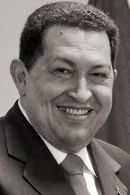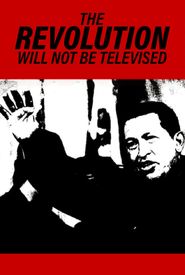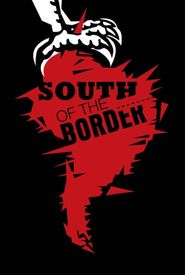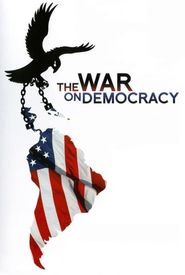Hugo Rafael Chávez Frías, the 56th President of Venezuela, held the position from 1999 until his passing in 2013. Chávez was driven by his own political ideology of Bolivarianism and "Socialism for the 21st Century", and his presidency was marked by a focus on implementing socialist reforms in the country.
Born into a working-class family in Sabaneta, Barinas, Chávez began his career as a military officer. He became dissatisfied with the Venezuelan puntofijismo political system, which he viewed as corrupt and undemocratic, and founded the Revolutionary Bolivarian Movement-200 (MBR-200) in the early 1980s.
Chávez led the MBR-200 in an unsuccessful coup d'état against the government in 1992, for which he was imprisoned. After his release from prison, he founded the Fifth Republic Movement and was elected president of Venezuela in 1998.
During his presidency, Chávez introduced a new constitution, increased rights for marginalized groups, and altered the structure of the Venezuelan government. He was re-elected in 2000 and introduced a system of Bolivarian Missions, Communal Councils, and worker-managed cooperatives.
Chávez was a vocal critic of capitalism and neoliberalism, and his presidency was seen as a part of the leftist "pink tide" sweeping Latin America. He was a strong ally of the socialist governments of Fidel and Raúl Castro in Cuba, Evo Morales in Bolivia, and Rafael Correa of Ecuador.
Chávez supported Latin American and Caribbean cooperation and was instrumental in setting up several regional organizations, including the Union of South American Nations, the Bolivarian Alliance for the Americas, the Bank of the South, and TeleSur. His political influence in Latin America led Time magazine to include him among their list of the world's 100 most influential people in both 2005 and 2006.
As a result of his leadership and vision, Chávez's presidency had a profound impact on the country and the region, and his legacy continues to be felt today.



























